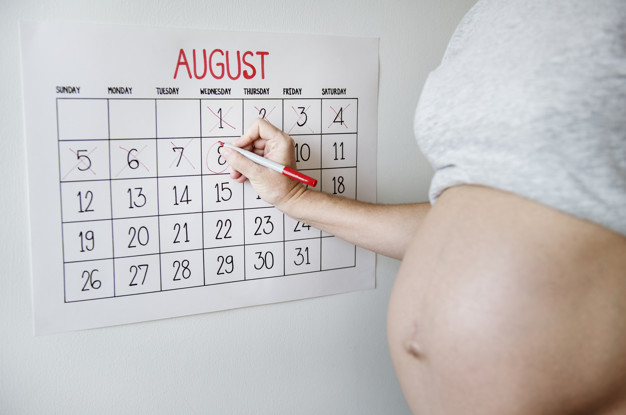Recurrent Urinary Tract Infection
Recurrent Urinary Tract Infection Definition:
Two separate culture-proven episodes of acute bacterial cystitis and associated symptoms within six months or three episodes within one year.
Recurrent Urinary Tract Infection Risk factors:
- History of UTI before age 15 years
- Maternal UTI history (to read more: Urinary Tract Infection during Pregnancy)
- Family history
- Intercourse frequency
- Spermicide use
- Surgery in urinary tract
Recurrent Urinary Tract Infection Diagnosis:
- Symptoms:
There is significant symptom overlap between UTI and many other urogynecologic conditions.
- Dysuria
- Urination Frequency
- Urination Urgency
- Hematuria
- suprapubic pain
- flank pain, fever and chills, and nausea and vomiting (possibility of pyelonephritis)
- Urinary odor
- changes in urinary appearance
With aging, symptoms may be less clear.
- Urinalysis:
Testing for hematuria, proteinuria and pyuria.
- Urine culture
To determine the type of bacteria and the appropriate antibiotics.
- Imaging and Endoscopy might be done for the following cases:
- Persistent symptoms
- Rapid recurrence after appropriate treatment
- Suspected stone
- Women with diabetes
- Post-void Residual
Treatment:
- Nonsteroidal anti-inflammatory medications are used for symptomatic relief.
- Antibiotic therapy:
- Nitrofurantoin: duration is typically between 7 -10 days.
- Trimethoprim-sulfamethoxazole: duration between 3 – 14 days.
- Fosfomycin: single dose.
- Other alternatives: .β-lactams, and fluoroquinolones.
To avoid recurrence:
- Antibiotic Prophylaxis:
- Single dose after intercourse, when UTI is related to sexual intercourse.
- Single dose of antibiotic for a duration ranges from 6 months to 2 years.
- Estrogen: for women low in estrogen, e.g. postmenopausal women:
- Vaginal estrogen cream: 0.5 mg daily for 2 weeks, followed by twice weekly for 8 months.
- Vaginal estrogen ring: for a total of 36 weeks.
- Methenamine Salt. Example: AZO.
- Postcoital voiding.
- Avoid Spermicide or diaphragm contraceptive.



